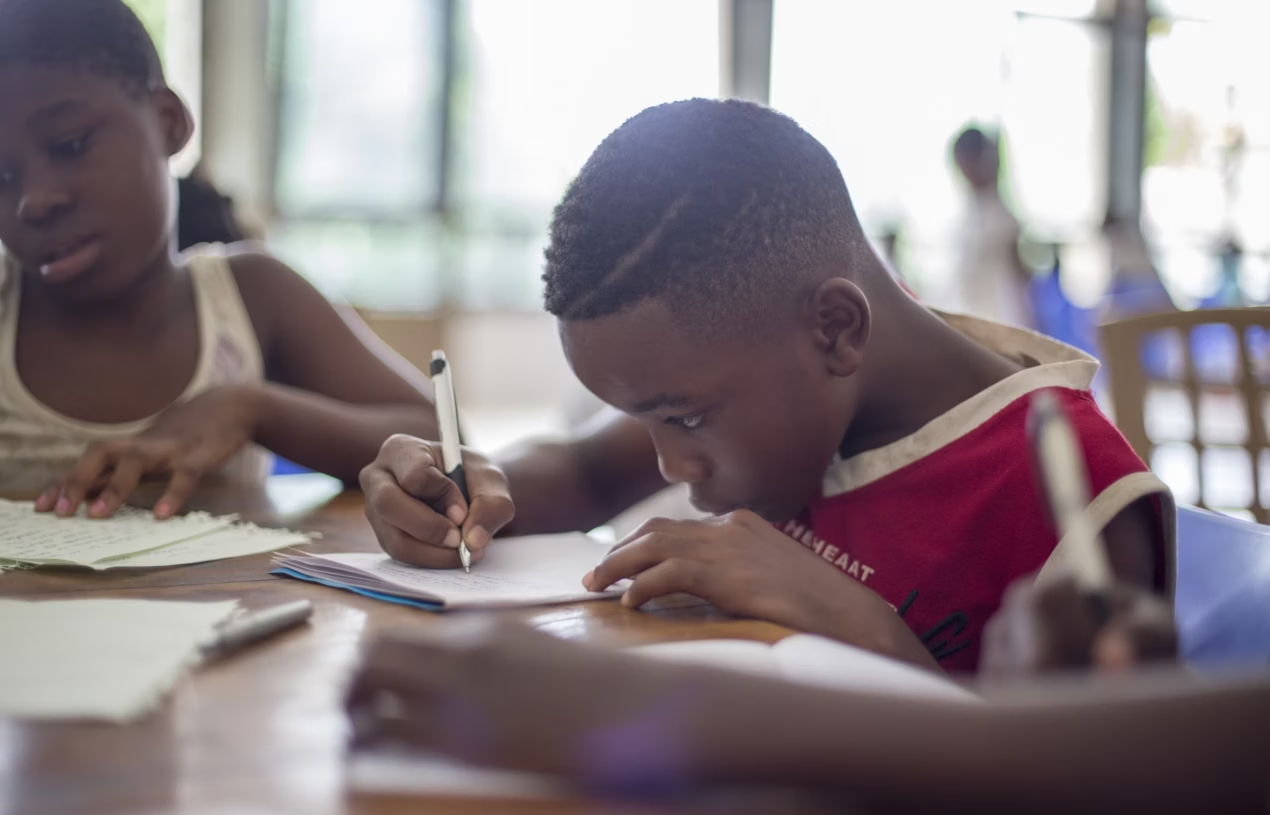Children face many barriers when embarking on primary school education, but language barriers are quickly becoming the biggest concern. We live in a multicultural society with access to countries all over the world. As a result, more and more kids are heading to primary school in foreign countries where their language isn’t spoken.
While it’s easier to learn languages from a young age, being in a school that doesn’t operate in your favoured tongue is incredibly hard. Kids struggle to come to terms with school life and will often feel very isolated and alone. Couple this with the fact that a lot of children aren’t prepared for primary school anyway and you have a recipe for disaster.
So, what can be done about language barriers in schools and is there a way for parents and teachers to get around this?
The Drive For More International Schools
As demonstrated at www.kis.ac.th, international schools exist in many parts of the world to help foreign students fit in and learn. Rather than teaching the children in the nation’s first language, international schools typically teach in the child’s preferred language. Most of the time, this will be English to help British, American, Canadian or Australian students who’ve moved abroad.
There’s a big push for more international schools to be built and utilised across the globe. They form a great place for children to ease themselves into life in a different country. The best thing about them is that they teach the children in English, but also teach them how to speak the country’s language. It allows the child to grow up bilingual and prevents further educational issues when they’re older.
Schools Should Start Special Language Initiatives
If a child joins a school and can’t speak the language, then the school should have initiatives in place to support them. A couple of ideas include:
- Special one-on-one tutors
- Classes dedicated to teaching English
Students could get a special tutor who’ll sit with them in lessons and provide translations to help with their work. The possible downside of this is that it might make a child feel like an outcast, but it can assist them in the early stages of their primary school development.
Alongside this, the school could set up classes for foreign students to help them learn English. These bonus classes exist outside of the normal school curriculum and give them a chance to converse with other children who speak their language while learning English together. It brings together a nice sense of community and shows kids that they’re not alone. All the while, they develop the skills needed to speak and read English during their education. We’ve used “English” as an example here – you can substitute it for any other language depending on the country you’re in.
Overall, language barriers are a big issue for young children as they prevent the child from learning effectively. Schools and parents need to consider new ways of getting around these barriers so their children aren’t held back. It won’t be easy, but it can be done!

